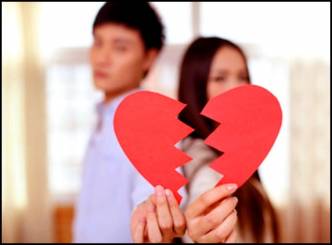
When it comes to weight loss, it's all about calorie deficits. In other words, if you are trying to lose weight, you will need to monitor the amount of calories that you consume on a daily basis, and ensure that this is lower than what you burn. So now let's look at the big question: just how many calories do you burn in a day?
There are many ways that have been proposed over the years to answer this question.
One very simple rule of thumb is that, on average, men burn 2500 calories per day, while women burn 2000.
This is often a reasonable starting point, but the truth is that it is not very accurate. They are only valid for "average" people, whatever that means. To really answer the question "how many calories do you burn in a day?" you need to account for far more than just your gender.
A better method would be to calculate your base metabolic rate, and then adjust that based on your activity levels.
The base metabolic rate is the energy you require just to stay alive and breathing.
One simple method for estimating this is the Harris-Benedict equation. This takes into account gender, body weight and age. Men tend to have a higher metabolism than women, so the formula should be different to reflect this difference. As a person ages, metabolism drops, and this will also affect the amount of calories burned. And of course, a bigger person will tend to need more calories than a smaller one.
This formula, however, does not consider body composition. The Katch-McArdle Formula differs in this aspect as it takes into account lean muscle mass as well. In other words, the formula requires you to measure your body fat percentage. Many fitness professionals prefer to use this formula as it's a more accurate reflection of what happens in reality.
The metabolic rate will answer the question, "how many calories do you burn in a day just to stay alive?" but it is not the end of the picture. You also need to factor in the calories used in activity.
It is important to understand that activity levels and body fat composition affects the rate of calories burning. For instance, some people have a more active lifestyle than others, so they have to consume more food in order to maintain their current weight. Then there are others who are more athletic and most of their weight comes from lean muscle mass. Athletic individuals have a higher metabolism and can consume more.
This can be accounted for by multiplying the base metabolic rate by an "activity factor". This number varies between 1.2 for sedentary people and 1.9 for highly active athletes.
So once you know how many calories you burn, you need to be sure you eat and drink less than this.
But don't take it to extremes. For example, you should not suddenly drop your caloric intake from 3000 calories to 1000 calories. This is not a sustainable diet because the body will need more than 1000 calories per day for it to function properly. If you change your diet dramatically, the body doesn't have enough time to adapt to the drastic changes and you may run into health problems. The correct way to lose weight, is to reduce your calories in a systematic manner.
















